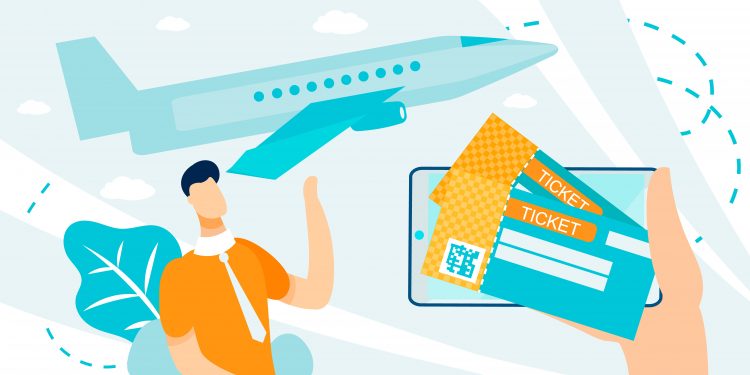United Airlines and Chase Bank have made several changes to their credit cards, aiming to attract frequent business travelers.
United is increasing fees on several of its cards while adding new perks, such as seat upgrades, higher spending limits that contribute to elite status, and award discounts. This strategy appears to target deep-pocketed business travelers, who prioritize benefits like expanded airline lounge access over card costs.
These annual fees play an important role in the airlines’ business model. According to its annual report, United’s non-ticket and non-cargo revenue rose by $315 million in 2024, an increase of nearly 10%. The airline credited this growth to revenue from partnerships, including credit card spending with JPMorgan Chase Bank.
“When some of these co-brand partnerships were established decades ago, the focus was on sheer usage,” said Brian Riley, Director of Credit at Javelin Strategy & Research. “Now, top issuers are focusing on revenue generation, so there is no surprise to see a deeper focus on the business traveler. Business travelers are often less sensitive to long-term planning and often need a shorter window between booking and travel, which creates a higher-priced seat. They tend to be in the air more and can be less sensitive to price than a traveling family.”
Steeper Annual Fees
All United cards that charge an annual fee will see an increase in cost. The United Explorer card will rise to $150 a year from $95, the United Quest card will increase to $350 from $250, and The United Club Infinite card will go up to $695 from $525. These new fees take effect immediately for new applicants, while existing cardholders will see the higher fees applied on August 1.
In return, United Explorer members will gain benefits such as an annual $100 United travel credit after spending $10,000 on purchases over the course of a year. However, some perks are becoming more complicated to use. For instance, United Explorer offers up to $60 in annual ride-share credits, but these are now divided into $5 monthly increments, and annual enrollment is required.
Following Delta’s Lead
United’s announcement follows a similar strategy to the one Delta and American Express rolled out last year. Delta hiked the annual fees on all its Amex cards in exchange for benefits like additional credits for rideshares and perks at Delta Stays, its hotel reservation service.
The shift in strategy appears to have worked for Delta. Revenue from sources other than passenger and cargo grew by $1.5 billion last year, an increase of 18%.










